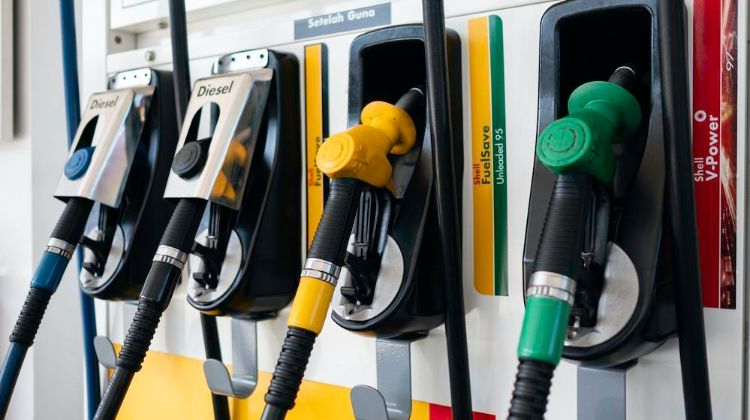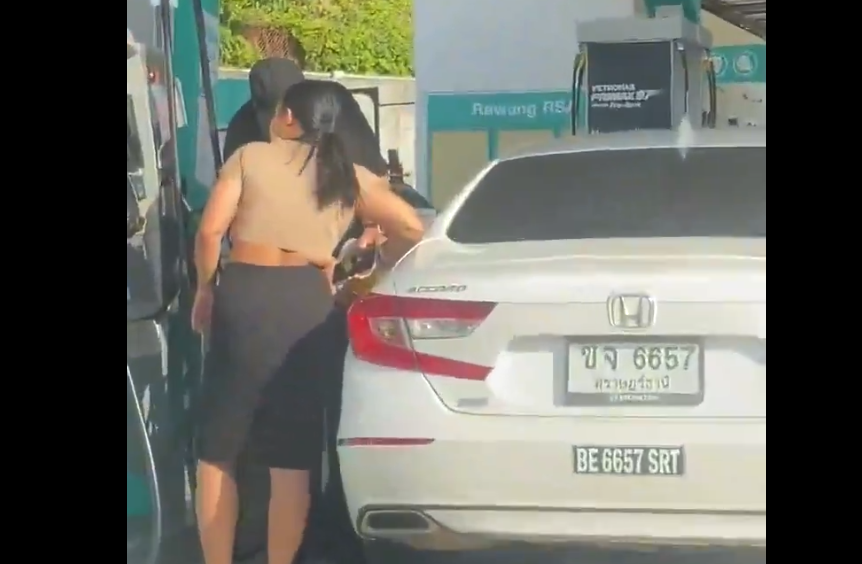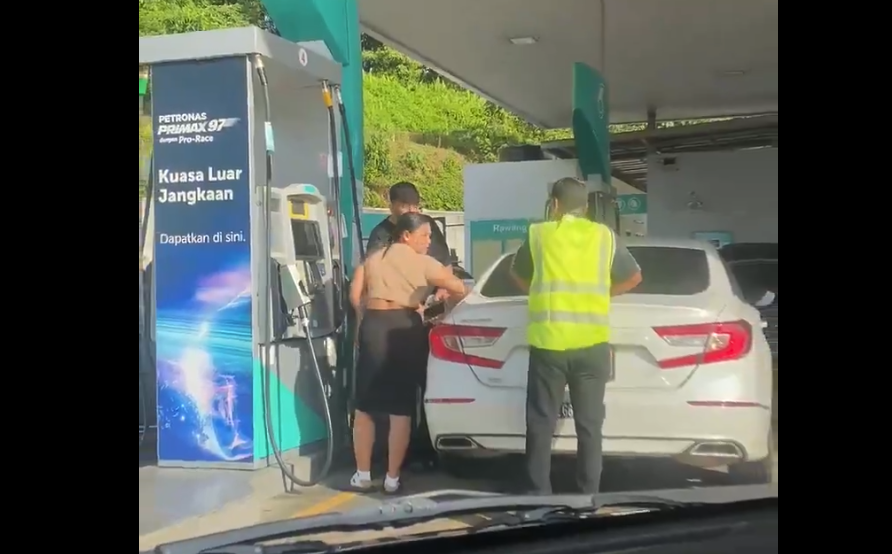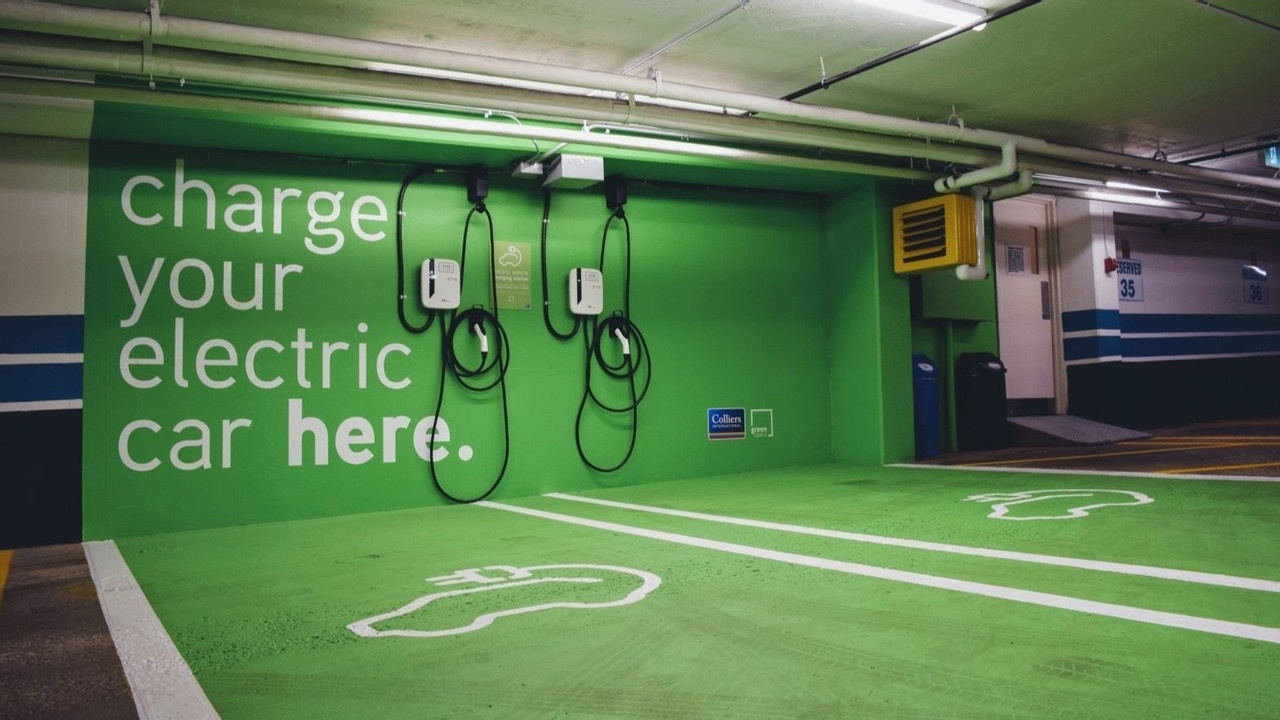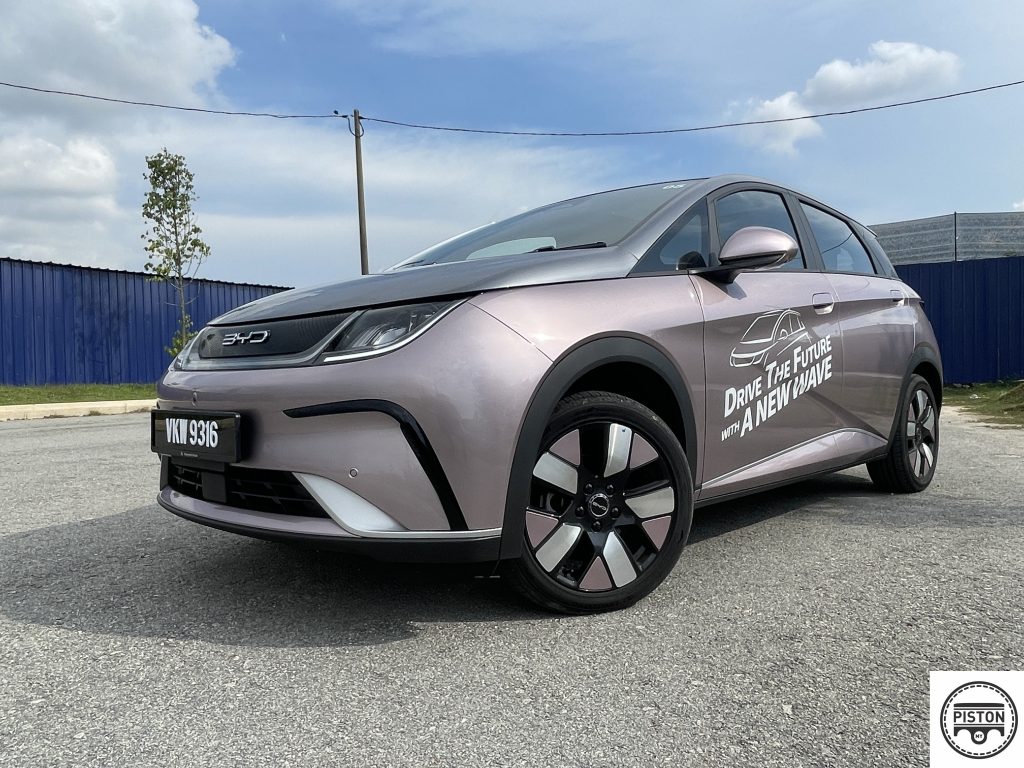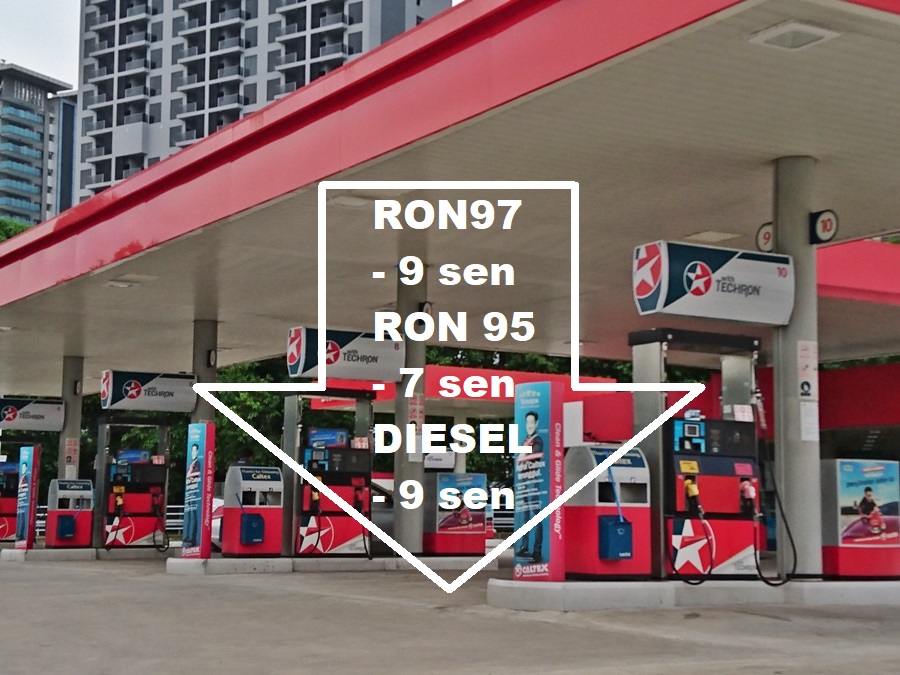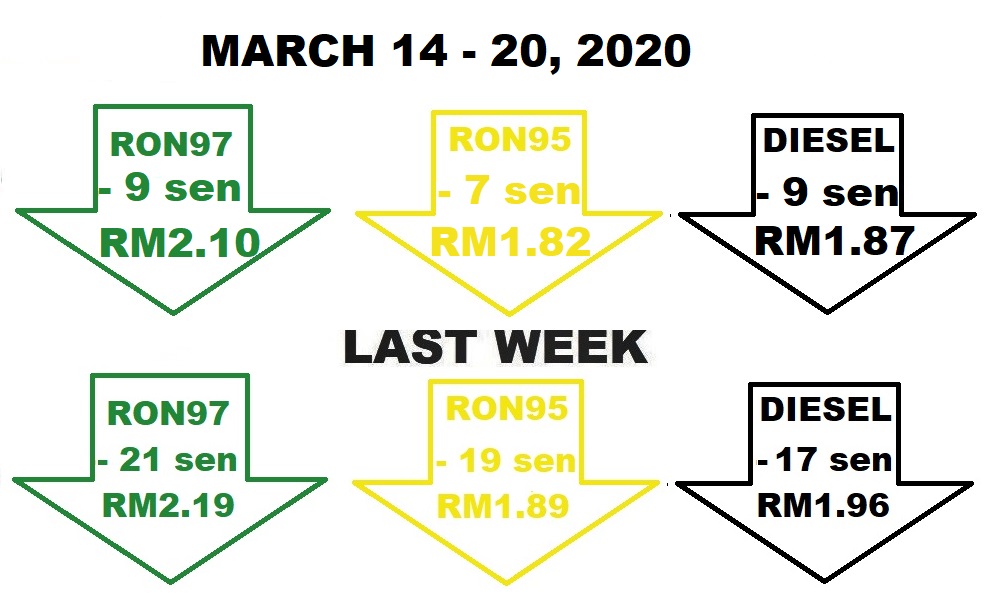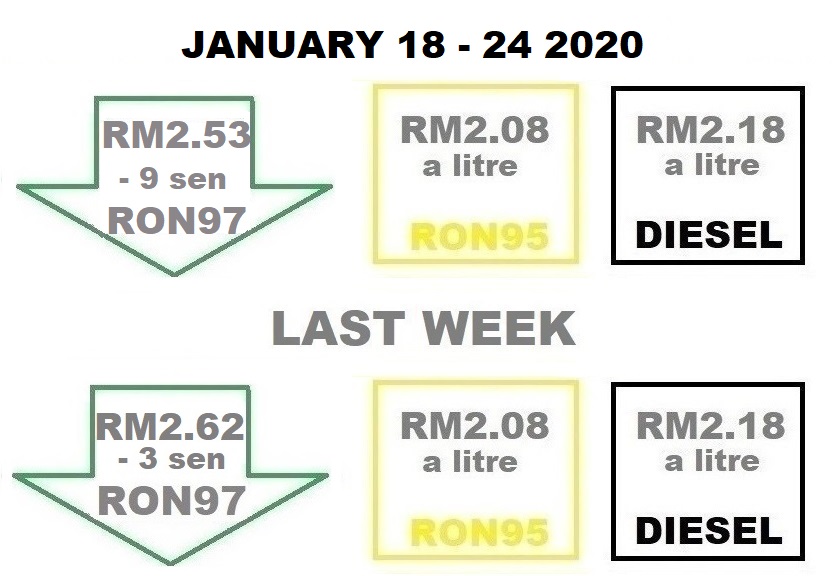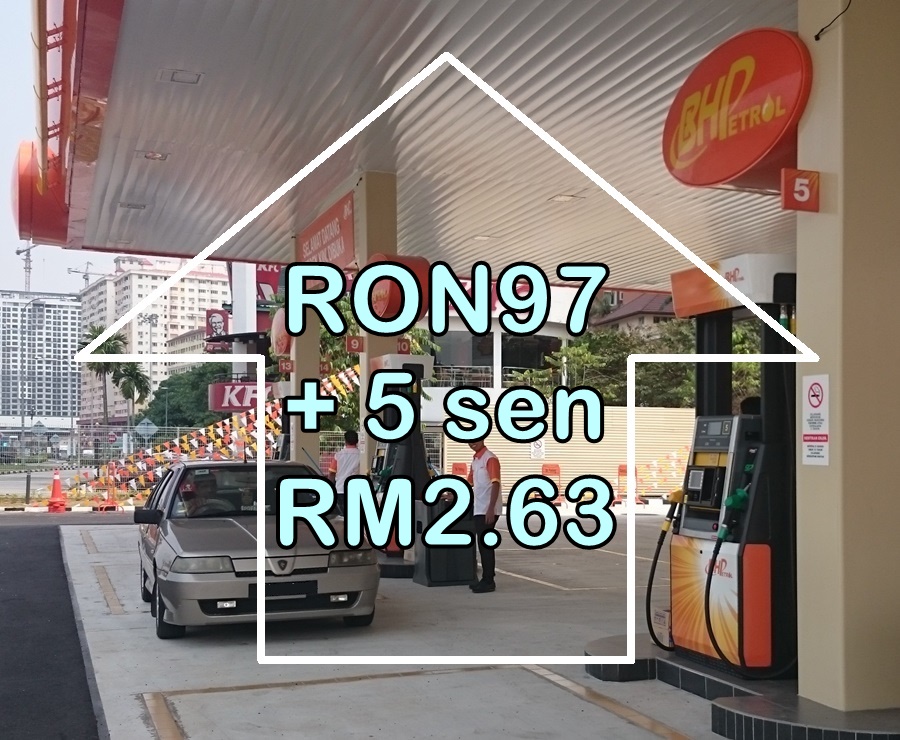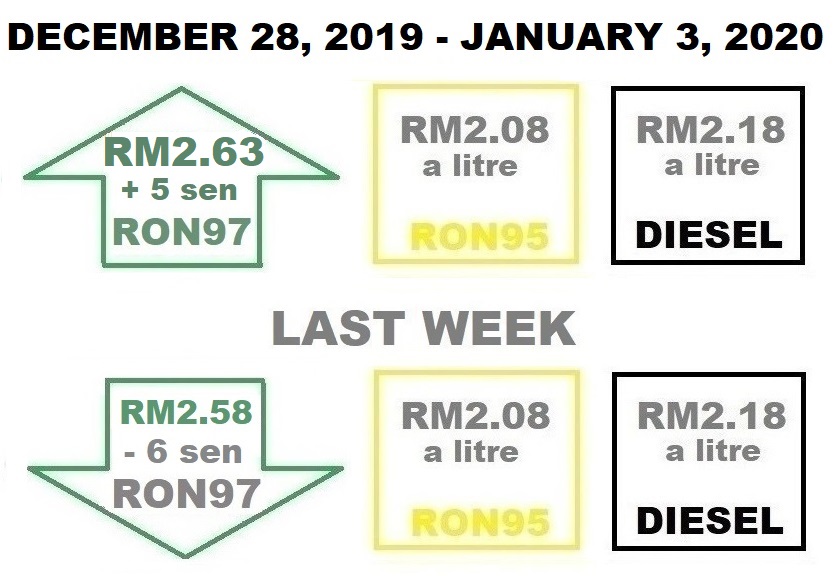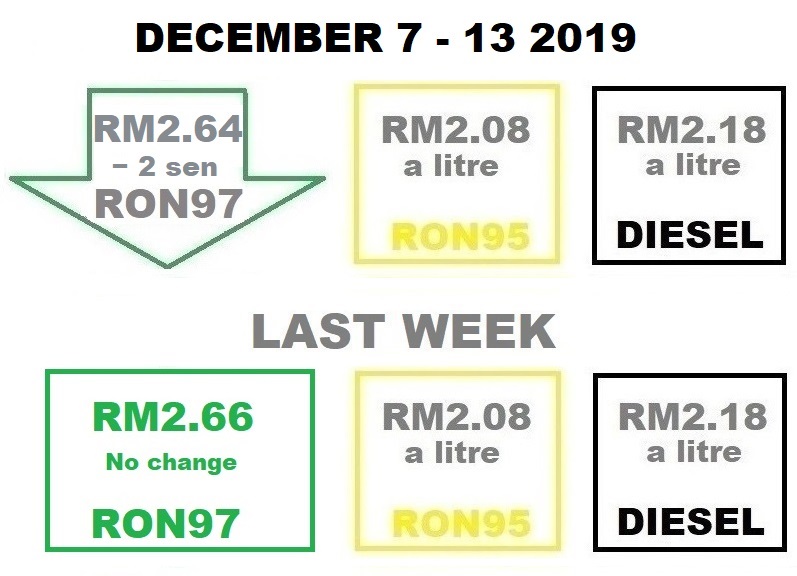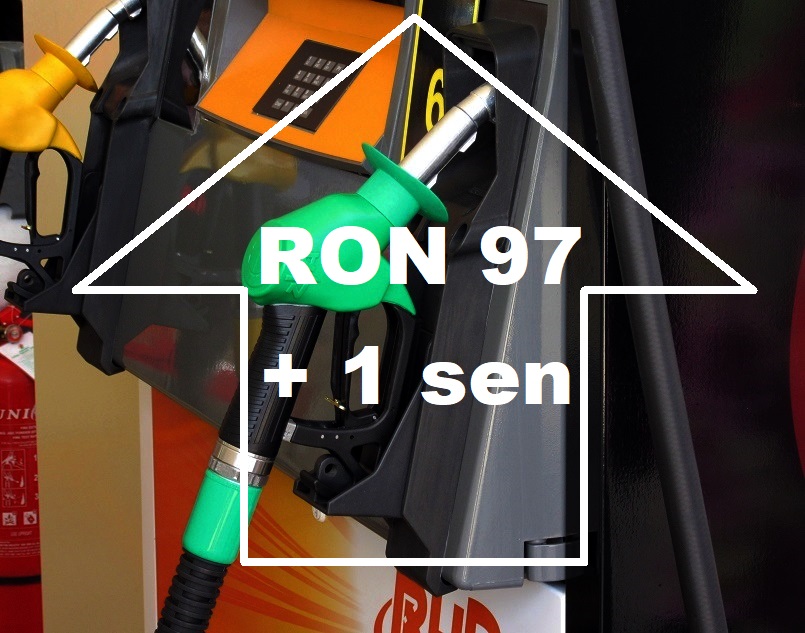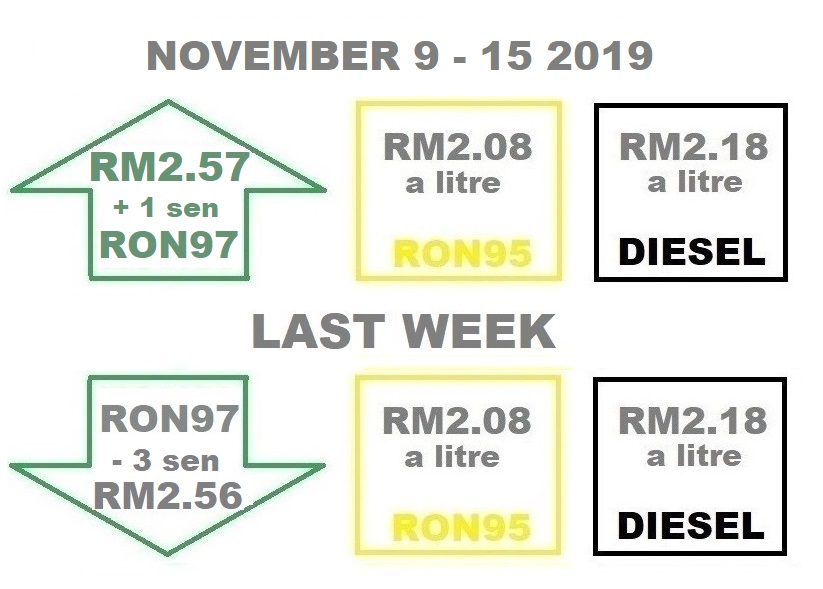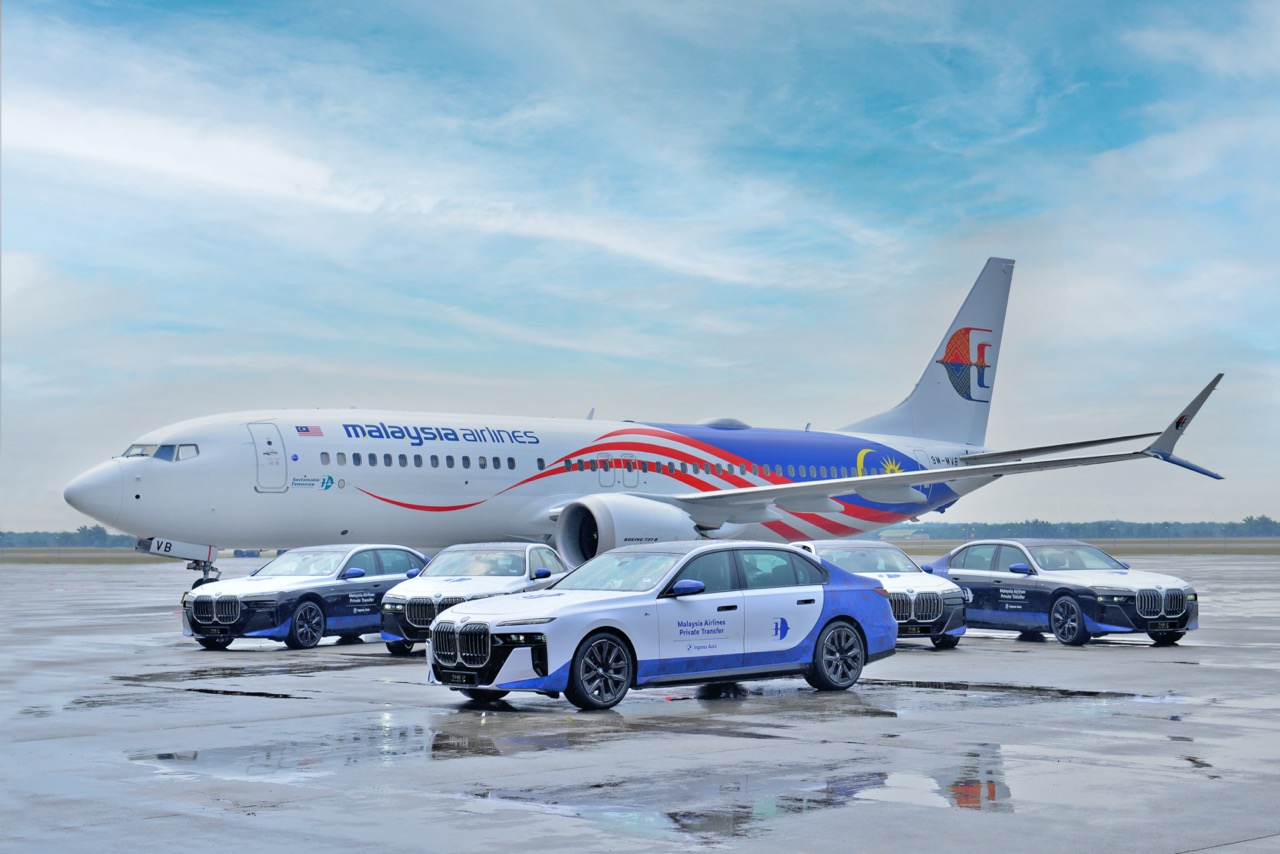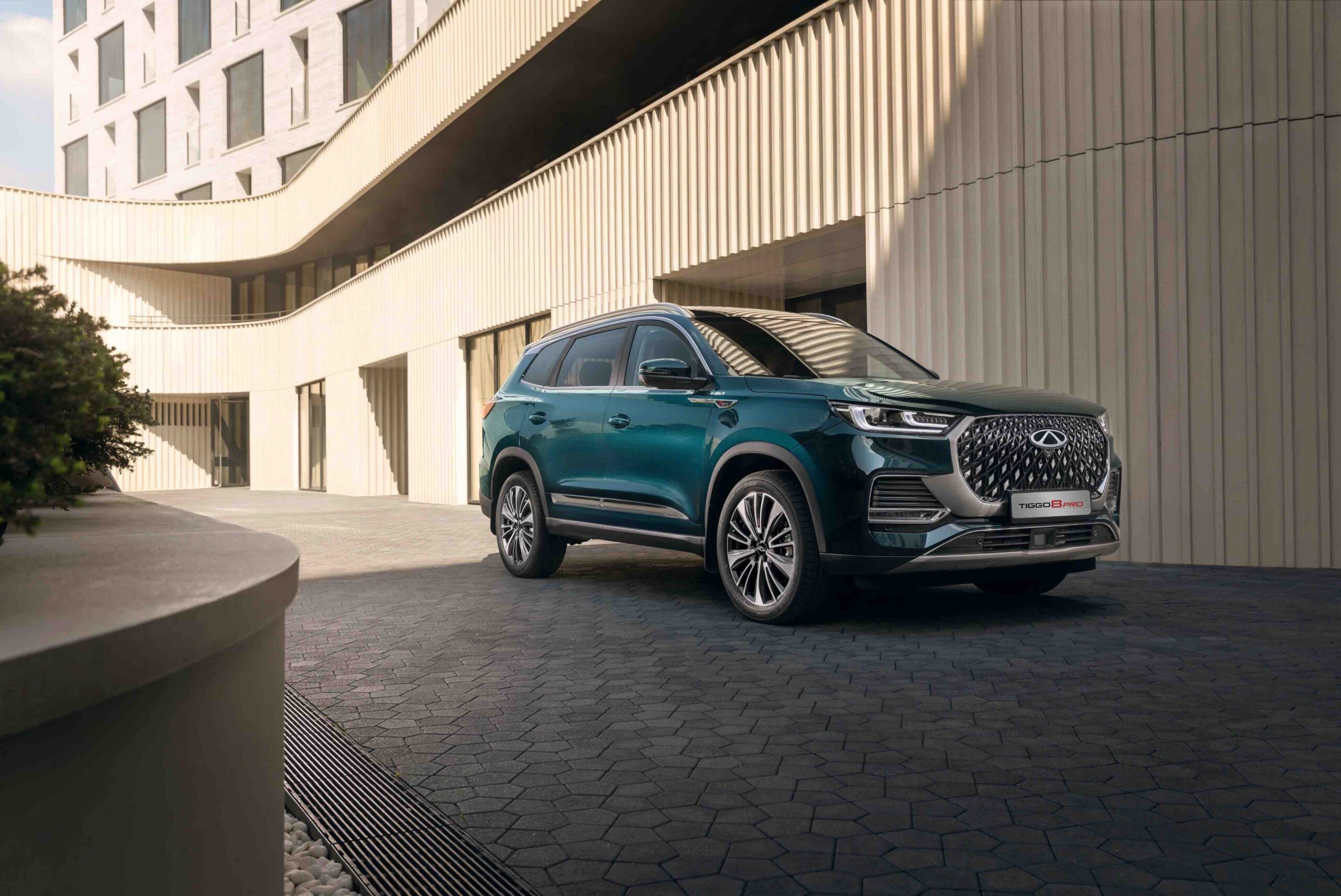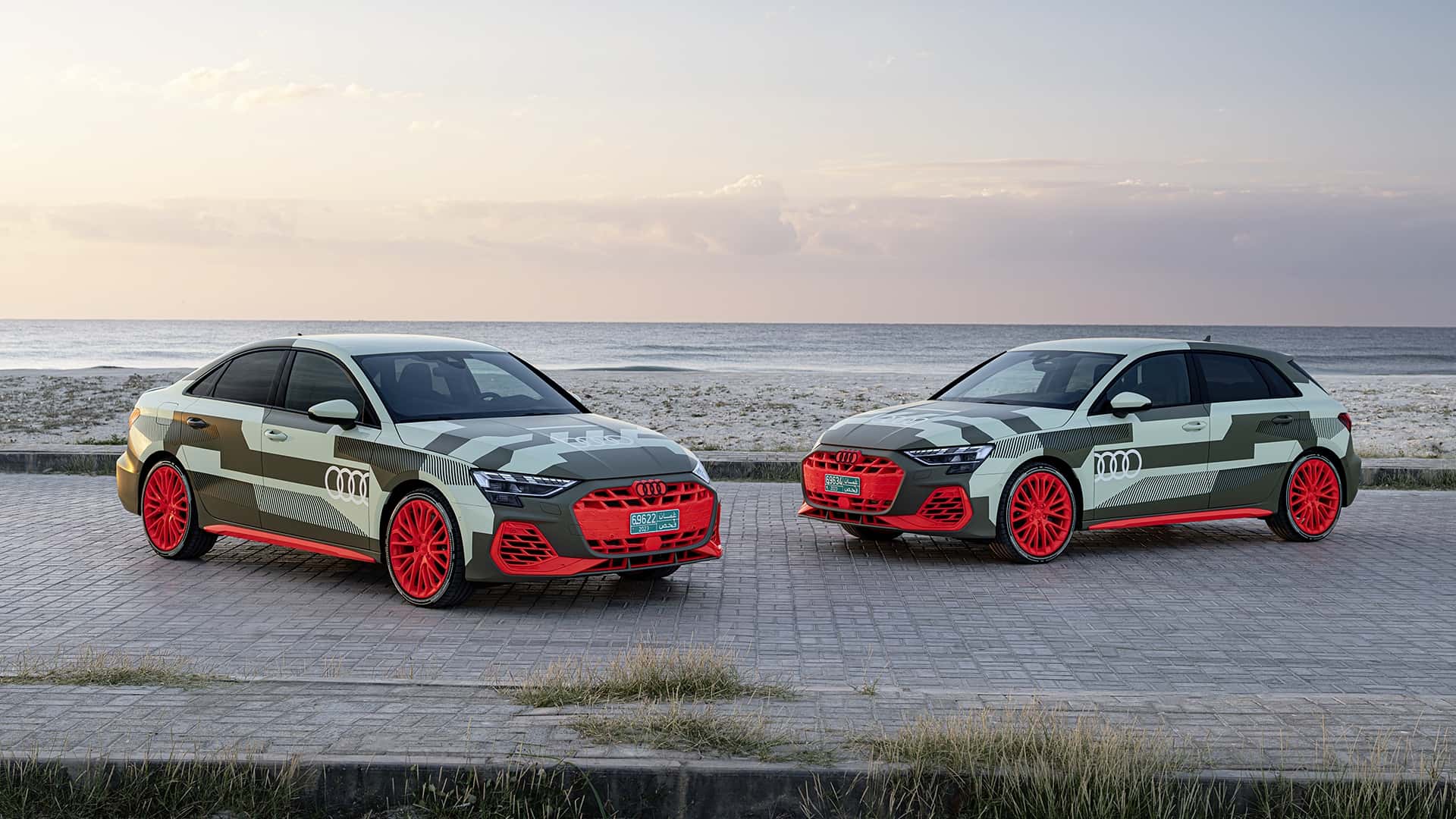In an interview with Bloomberg on Tuesday, Economy Minister Rafizi Ramli reaffirmed the government’s decision to cut fuel subsidies this year as part of efforts to reduce the national fiscal deficit.
As reported by The Star, Rafizi emphasised the necessity of implementing the subsidy cuts to “manage the sequence” effectively, particularly in light of looming inflation risks. The move aligns with the government’s targeted RON95 subsidy programme planned for the second half of 2024, aimed at optimising resources for those most in need.
Highlighting concerns over the distribution of blanket fuel subsidies, Rafizi noted that the top 20 (T20) income group currently receives 53% of these subsidies. He stressed that such blanket subsidies, particularly on RON95 fuel, have accounted for a significant portion of the total RM81 billion in subsidies disbursed in 2023.
The government aims to narrow the budget deficit to 4.3% of gross domestic product (GDP) this year, compared to 5% in 2023. Rafizi emphasised the importance of adhering to a certain timeline to achieve this fiscal target.


